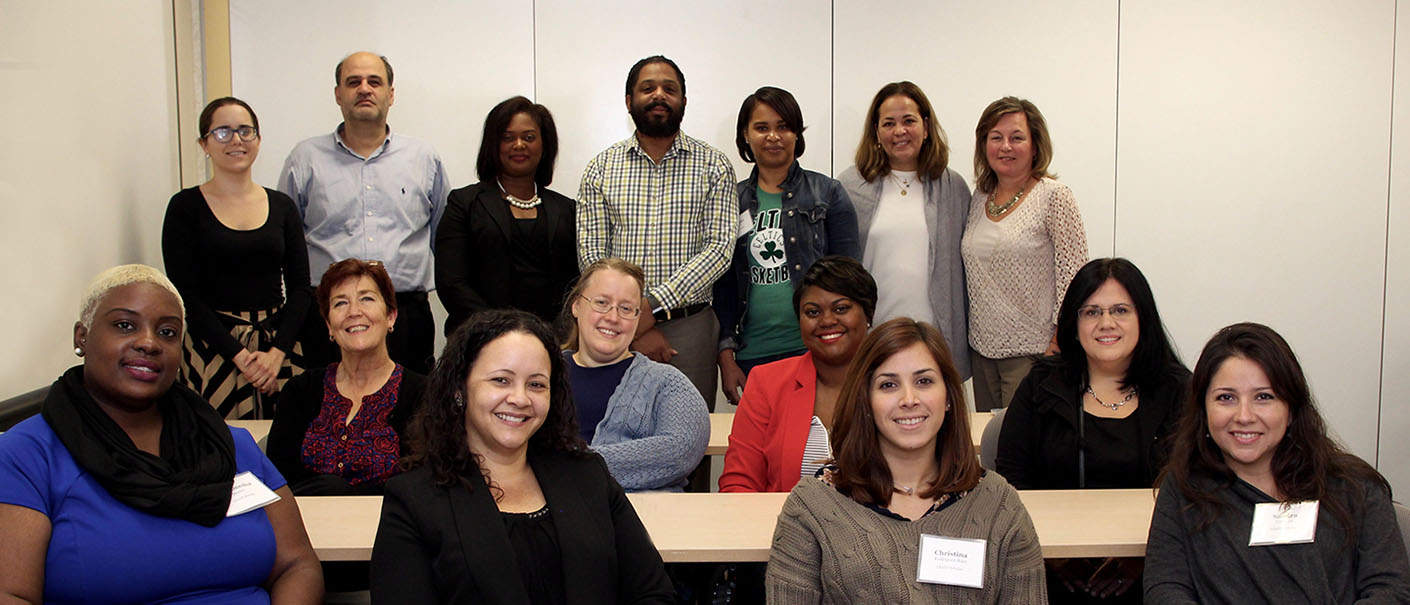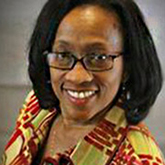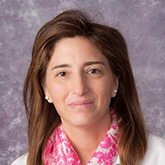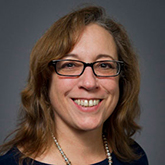INCLUSIVE EXCELLENCE
The Institute for Clinical Research Education (ICRE) has always maintained the strongest commitment to equitable and inclusive education. In our terminology, we follow the definitions in the DEI Glossary from the Office for Equity, Diversity, and Inclusion, University of Pittsburgh.
Diversity in the ICRE
Diversity in the ICRE
The ICRE will continue to be intentional in weaving our commitment to fostering justice, equity, diversity, and inclusion throughout our leadership, workforce, curriculum, and all our programs.

Underrepresented Minorities (URM)
18%
Degree Students
34%
Career Development Trainees

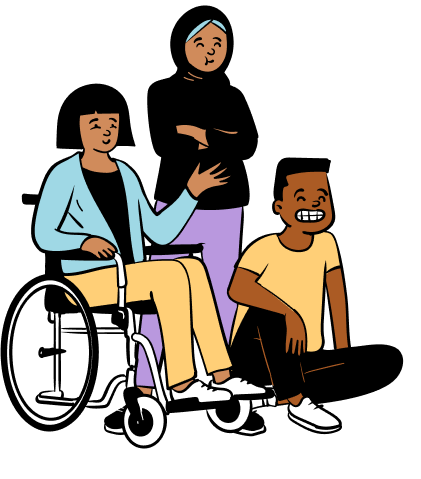
Current Fellows in the TL1 Program

40%
Current Fellows are from URM
47%
Current Fellows are Women

Trainee Retention
87%
of our ICRE alumni from URM remain


Faculty and Staff Administering the TL1 Program

80%
5 are Women
40%
5 are from URM

KL2 Program Scholars
33%
Current Scholars are Black, Indigenous, People of Color or Sexual Minorities
89%
Current Scholars are Women


ICRE Leadership Positions

46%
ICRE Leadership are Black, Indigenous, People of Color or Sexual Minorities

Across All ICRE Staff
93%
Current Staff are Women
29%
Current Staff are Black, Indigenous, People of Color or LBGTQIA+

Programs
Inclusive excellence is at the core of the ICRE’s mission. Beginning in 2007 with CEED, we have created programs for clinical and translational researchers from groups historically underrepresented in the health sciences

A career development program designed for post-doctoral fellows and faculty from underrepresented backgrounds
"The CEED Program was honored with the Chancellor’s Affirmative Action Award in 2014"

A translational research training program for early career faculty and postdocs at partnering MSIs.

This NRMN-funded program provided online leadership training for mentors committed to mentoring those from diverse backgrounds.
Clinical and Translational Science (TL1) Fellowships
Pre- and postdoctoral fellowships, which are offered to participants from 18 MSIs.

The Building Up study is testing the effectiveness of CEED in a national cohort of 25 institutions.
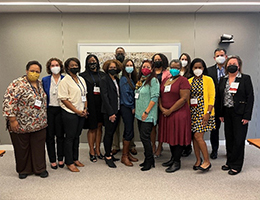
A national leadership development program designed for faculty from underrepresented backgrounds.
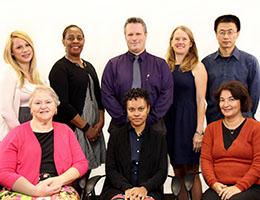
This AHRQ-funded program trained investigators from Minority Serving Institutions (MSIs) in Patient Centered Outcomes Research (PCOR).
JEDI in the Curriculum
Our curriculum fosters equity, inclusion, and justice, and promotes inclusion of voices historically underrepresented in the health sciences.
The ICRE is committed to fostering justice, equity, diversity, and inclusion in the curriculum. We hold ourselves accountable to this commitment by stating clear, measurable JEDI goals and providing transparency into the actions we are taking to meet them.
For instance, our course evaluations include three questions (see Box) about JEDI in our courses. Our goal is for 95% of our courses to receive a rating of "agree" or "strongly agree" to questions 1 and 2 by 2025. We are offering professional development to our faculty to help them meet this goal.
- The instructor of this course showed respect for cultural and personal differences across all students.
- The instructor worked to incorporate learning materials that are inclusive of racial, gender, ethnic and/or other differences. Please consider all aspects of the course, for example: readings, images, examples, cases.
- How might the class be made more equitable and inclusive of all students?
JEDI Across the ICRE
We actively seek evidence to measure our progress. ICRE assessment indicators range from formal indicators such as climate surveys, and rubrics, to informal indicators such as anecdotal evidence and ad hoc focus groups.
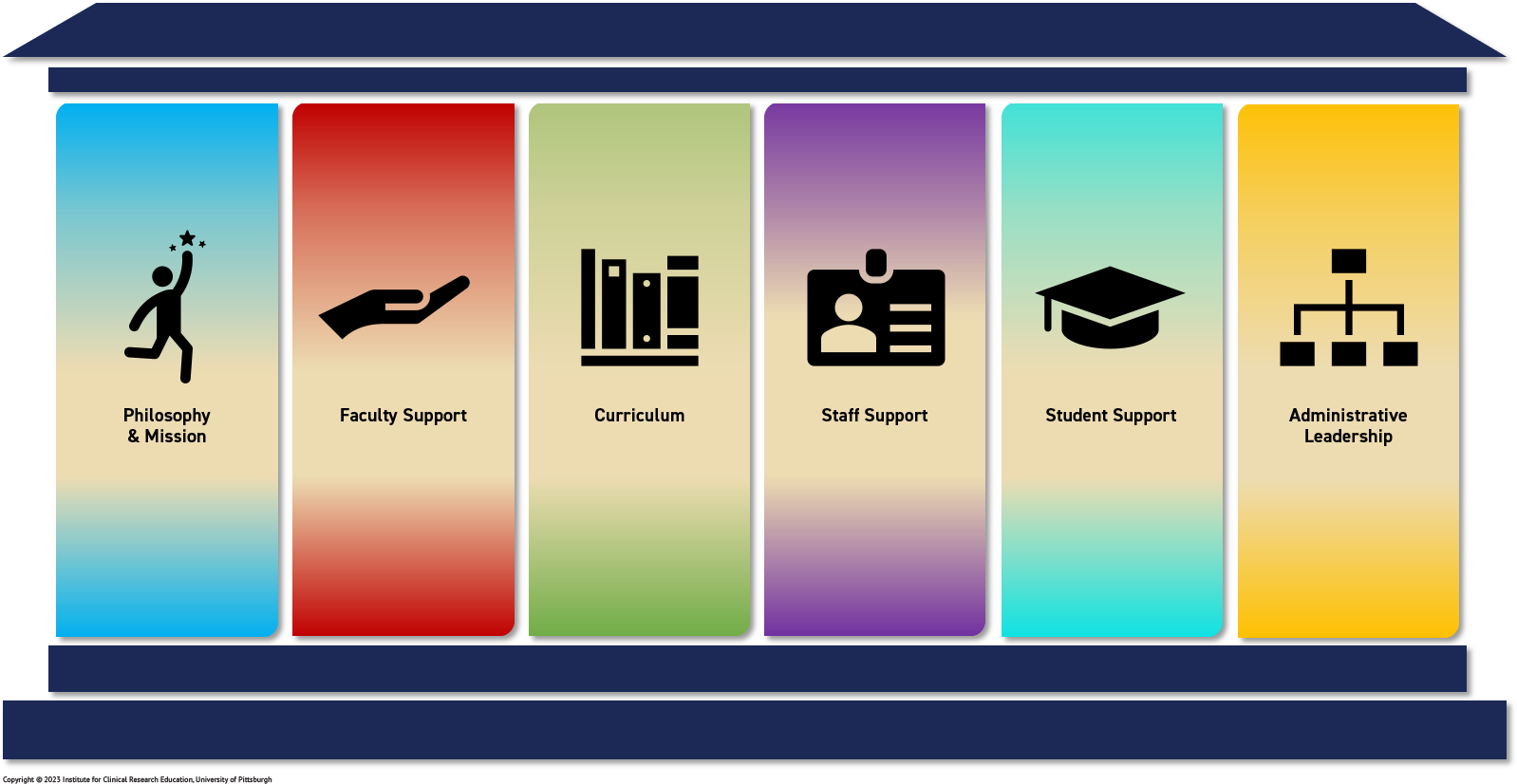
The ICRE undertook a self-assessment, which was completed in August 2022, to gauge its current position as a just, equitable, diverse, and inclusive institute and to create a plan to guide improvements. We used a rubric with six dimensions: 1. Philosophy and Mission; 2. Faculty Support; 3. Curriculum; 4. Staff Support; 5. Student Support; and 6. Administrative Leadership. This rubric was adapted with permission from work by the New England Resource Center for Higher Education (NERCHE).
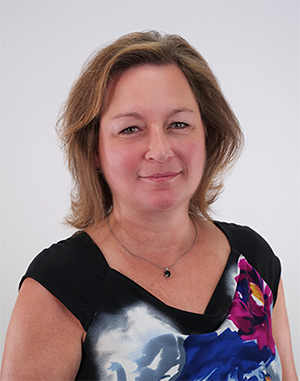
ICRE Diversity Committee Chair
Doris Rubio, PhD
Diversity Committee
Since its founding in 2006, the ICRE has placed a strategic emphasis on diversity, equity, inclusion, and justice. Our Diversity Committee informs our work and holds the ICRE accountable to our Mission Statement.
The ICRE recognized the value of a Diversity Committee over a decade ago. Our committee is made up of administrators, faculty, and staff from multiple schools and departments at the University of Pittsburgh, all of whom have significant experience and leadership roles within the University. The committee's main charge is to help in the recruitment, support, and mentorship of trainees from diverse backgrounds, with a focus on transitioning them through academic careers. The Diversity Committee informs all of the ICRE’s work and holds us accountable to our mission statement.
